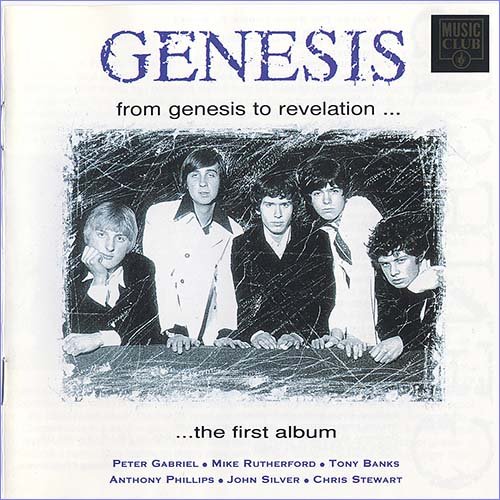Tony Banks (ex-Genesis) - Collection: 7 albums (1979-2012)

Tony Banks (ex-Genesis) - Collection: 7 albums (1979-2012)
Artist: Tony Banks Title Of Album: Collection Year Of Release: 1979-2012 Country: UK Genre: Prog Rock, Art Rock, Classical Quality: FLAC (*image + .cue,log) Bitrate: Lossless Time: 06:14:42 Size RAR: ~ 3,26 GB Password / Пароль : 1965 Upload: xFile.cloud Recovery 5%
11 10, 2025
UK: Ultimate Collector's Edition 14CD + 4Blu-ray Box 2016
Lossless Galaxy Release UK: 2016 Ultimate Collector's Edition 14CD + 4Blu-ray Box Set Globe Music Only CD Performer: UK Box / Albums: 2016 Ultimate Collector's Edition 1978 UK • 1978 UK Extras • 1978 UK BD 1978 Live In Boston • 1978 Live In Philadelphia • 1978 Live In Cleveland 1979 Danger Money • 1979 Danger Money Extras • 1979 Danger Money BD 1979 Night After Night Extended Version 2CD • 1979 Night After Night Original Version 1979 Night After Night Extended Version BD 2011 Reunion 2CD •
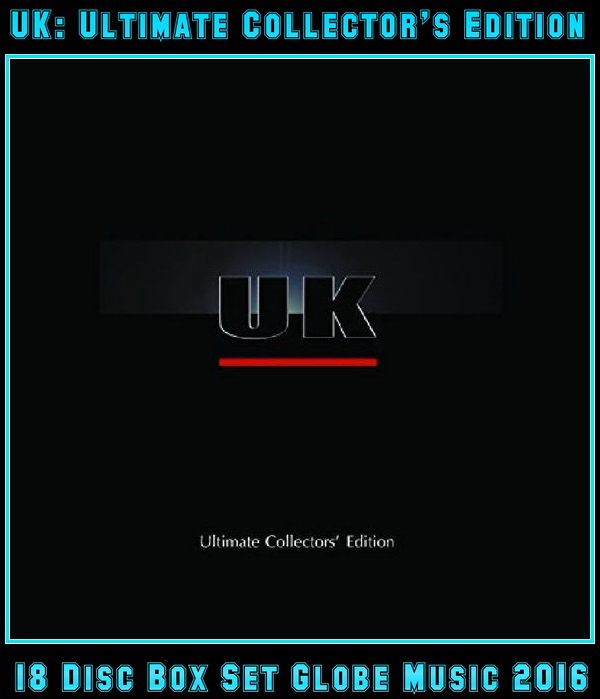
UK: Ultimate Collector's Edition 14CD + 4Blu-ray Box 2016
Lossless Galaxy Release UK: 2016 Ultimate Collector's Edition 14CD + 4Blu-ray Box Set Globe Music Only CD Performer: UK Box / Albums: 2016 Ultimate Collector's Edition 1978 UK • 1978 UK Extras • 1978 UK BD 1978 Live In Boston • 1978 Live In Philadelphia • 1978 Live In Cleveland 1979 Danger Money • 1979 Danger Money Extras • 1979 Danger Money BD 1979 Night After Night Extended Version 2CD • 1979 Night After Night Original Version 1979 Night After Night Extended Version BD 2011 Reunion 2CD •
11 10, 2025
Beat - Neon Heat Disease - Live In Los Angeles (2025) 2CD
Artist: Beat Title Of Album: Live In Los Angeles Year Of Release: 2025 Label (Catalog#) :Inside Out Music IOM756 Country:: USA Genre: Prog Rock Quality: FLAC (tracks+log) Bitrate: Lossless Time: 44:24+66:38 Full Size: 755Mb(+3%)(covers) Upload: xfile.cloud Legendary former King Crimson members Adrian Belew and Tony Levin banded together with guitar virtuoso Steve Vai and explosive Tool drummer Danny Carey to create BEAT, a creative reinterpretation of the three iconic 1980s King Crimson albums

Beat - Neon Heat Disease - Live In Los Angeles (2025) 2CD
Artist: Beat Title Of Album: Live In Los Angeles Year Of Release: 2025 Label (Catalog#) :Inside Out Music IOM756 Country:: USA Genre: Prog Rock Quality: FLAC (tracks+log) Bitrate: Lossless Time: 44:24+66:38 Full Size: 755Mb(+3%)(covers) Upload: xfile.cloud Legendary former King Crimson members Adrian Belew and Tony Levin banded together with guitar virtuoso Steve Vai and explosive Tool drummer Danny Carey to create BEAT, a creative reinterpretation of the three iconic 1980s King Crimson albums
10 10, 2025
Жанры
Lossless Galaxy Release
Русская музыка
--Поп
--Рок
--Панк
--Альтернатива
--Металл
--Рэп, Хип-Хоп, R'n'B
--Джаз и Блюз
--Фолк
--Шансон, Авторская песня
--СССР
Зарубежная музыка
--Pop
--Rock
--Hard Rock
--Progressive & Art-Rock
--Pop-Rock & Soft Rock
--Instrumental Rock
--Heavy, Traditional, Industrial Metal
--Power, Gothic, Sympho Metal
--Thrash, Speed, Groove, Modern Metal
--Death, Melodic Death, Doom, Dark Metal
--Black, Pagan, Folk, Viking Metal
--Alternative
--Punk
--Disco, Eurodance
--Rap, Hip Hop, R'n'B
--Reggae, Ska, Dub
--Jazz, Blues, Soul
--Folk, Country, Ethnic
--Electronic, Ambient, New Wave
--House, Techno, Trance
Другие жанры
--New Age, Relax, Meditative & Flamenco
--Chillout, Lounge, Downtempo, Trip-Hop
--Drum & Bass, Jungle, Breakbeat, IDM
--Classical / Классическая музыка
--Soundtrack
--Музыкальные сказки
Vinyl Rip
HI-Res / DVD-Audio / DTS
--SACD
--DSD
--DVD-Audio
Сборники Lossless-Galaxy
Альбомы 2022
Альбомы 2023
Альбомы 2024
Теги
1st Press 2022 2023 2024 2025 70... AOR Black Metal Blues Blues Rock Bootleg Series Classic Rock Death Metal Discography Exclusive for Lossless-Galaxy Folk Rock Fusion Hard Rock Heavy Metal Hi-Res Japanese Edition Jazz Jazz Rock lossless Melodic Death Metal Melodic Rock Modern Electric Blues Pop Pop Rock Power Metal Prog Rock Progressive Metal Progressive Rock Psych Rock Psychedelic Rock Rock SACD Symphonic Metal Thrash Metal Дискографии от KoGGaN
Архивы
Опрос
В каком формате хотели бы видеть релизы на сайте ?
 Автор: LeddZepp, 17 января 2021, Комментариев: 0, Просмотров: 598
Автор: LeddZepp, 17 января 2021, Комментариев: 0, Просмотров: 598Steamhammer - Mk II (1969)
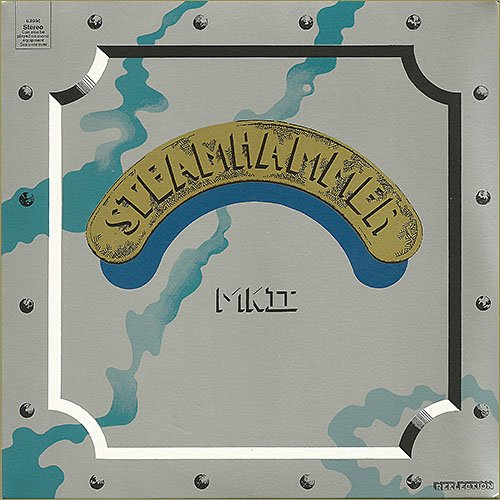
Year: 1969 (CD 20 Jan 2010)
Label: Air Mail Archive Records (Japan), AIRAC-1566
Style: Rock, Art Rock
Country: England (1968–1973)
Time: 59:18
Format: Flac Tracks 16/44,1 kHz
Size: 317 Mb
Группа "Steamhammer" была сформирована в конце 1968 года ветеранами ритм-энд-блюзовой и фолковой сцены Уортинга Мартином Квиттентоном (гитара), Кирэном Уайтом (вокал, гитара, гармоника), Мартином Пью (гитара), Стивом Дэйви (бас) и Майклом Раштоном (ударные). Ее первые публичные выступления состоялись в качестве аккомпанирующего ансамxxx Фредди Кинга, однако после этого квинтет пустился в автономное плавание и весной 1969-го заключил самостоятельный контракт с "CBS Records". В марте в продажу поступил альбом "Reflection", содержавший помимо оригинальных номеров Квиттентона-Уайта вещи Би Би Кинга ("You'll Never Know") и Эдди Бойда ("Twenty-four Hours").
Пластинку отличал спокойный, но довольно мрачный настрой, однако на перенасыщенной британской блюз-роковой сцене трудно было завоевать внимание публики, и работа не вызвала ожидаемых эмоций. И хотя "Reflection" продавался плохо, концерты группы в континентальной Европе пользовались повышенным спросом благодаря инструментальным импровизациям Пью и чувственной гармошке Уайта.
Летом 1969-го грянули первые перемены: сначала ушел Квиттентон, а вскоре его примеру последовал и Раштон. "Steamhammer" восполнили потери с помощью Стифа Джолиффа (саксофон, флейта) и Мика Брэдли (ударные), причем появление первого из них повлекло за собой тягу к джазовым формам и дополнительным аранжировкам. Все эти новшества в достаточной мере проявились на осеннем альбоме того же года "MK II". И хотя музыка "паровых молотов" по-прежнему сохраняла блюзовую основу, такие композиции как "Supposed To Be Free", "6/8 For Amiran", "Passing Through" значительно раздвигали рамки жанра.
Впрочем, работа ненамного подняла статус "Steamhammer" на родине, хотя фестивальные выступления на континенте все так же проходили на ура. Когда настала пора готовить третий альбом, Джолифф успел ретироваться, и пластинку записывали вчетвером. Уход саксофониста обозначил возвращение к прямолинейному блюзу , но при этом "Mountains" вышел более роковым чем "Reflection".
В отличие от первых двух релизов диск вызвал долгожданную благожелательную реакцию, причем гвоздем программы критики единодушно признали исполненный вживую номер "Riding on the L&N". Выход пластинки сопровождали концерты в Германии и странах Бенилюкса, а по окончании гастролей группа лишилась Уайта и Дэйви.
Оставшиеся у руля Пью и Брэдли пригласили в компанию экс-басиста "Renaissance" Луиса Сеннамо и зимой 1971-го записали альбом "Speech". Данный опус разительно отличался от всех предыдущих работ – диск содержал всего три длиннющих, большей частью инструментальных, композиции, претендующих на звание прогрессивных.
Критики встретили работу в штыки, а публика отреагировала индифферентно, так что скорый конец "Steamhammer" был вполне предсказуем. 8 февраля 1972 года от лейкемии скончался Брэдли, а Пью и Сеннамо вскоре переключились на проект "Armageddon". Что касается других бывших "молотов", то можно отметить, что Квиттентон сотрудничал с Родом Стюартом, а Джолифф провел некоторое время в рядах "Tangerine Dream".
(rockfaces.ru; Last update 28.10.10)
01. Supposed To Be Free (05:56)
02. Johnny Carl Morton (04:35)
03. Sunset Chase (01:39)
04. Contemporary Chick Con Song (04:52)
05. Turn Around (03:32)
06. 6/8 For Amiran (03:00)
07. Passing Through (05:03)
08. Down Along The Grove (00:41)
09. Another Travelling Time (16:07)
10. Fran & Dee Take A Ride (03:16)
11. Autumn Song (04:04)
12. Blues For Passing People (06:26)
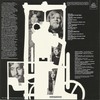
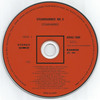
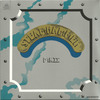
При желании можно посмотреть все мои публикации на сайте. Приятного прослушивания. Жмём и смотрим (Click to see all of my posts)!
Внимание! У Вас нет прав для просмотра скрытого текста.
Похожие новости:
Комментарии отсутствуют
Добавить комментарий!
Информация
Посетители, находящиеся в группе Гости, не могут оставлять комментарии к данной публикации.

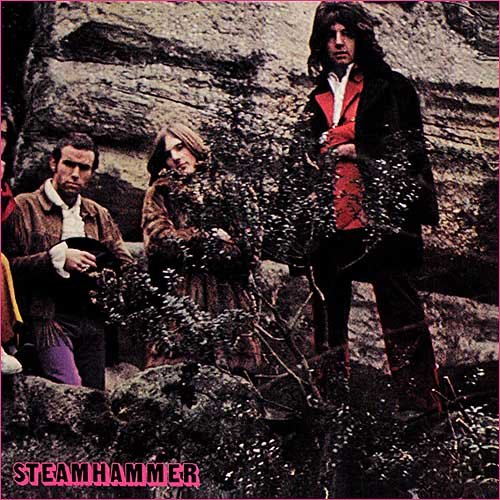
![Steamhammer - Steamhammer [also known as Reflection] (1969)](/uploads/posts/2020-11/1605703850_reflection-jp.jpg)
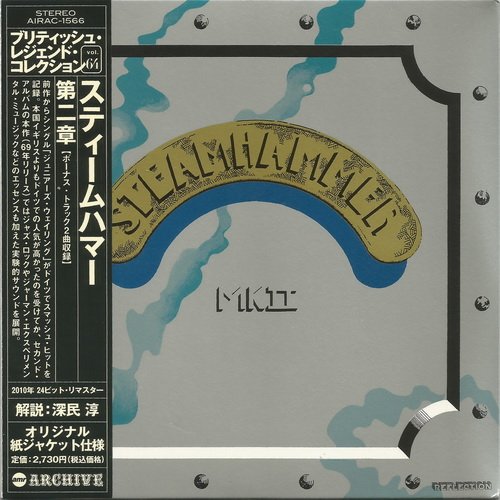
![Nightmare - One Night Of Insurrection [Live] (2011)](/uploads/posts/2011-03/thumbs/1300218678_front.jpg)
